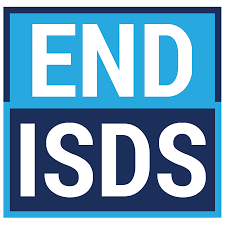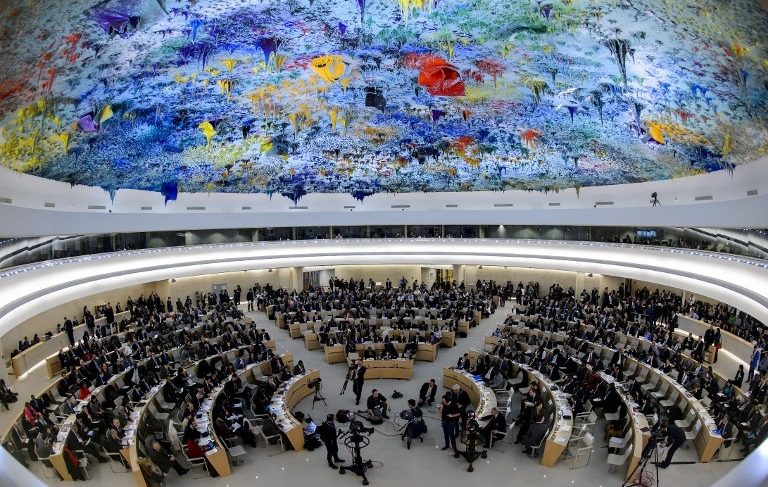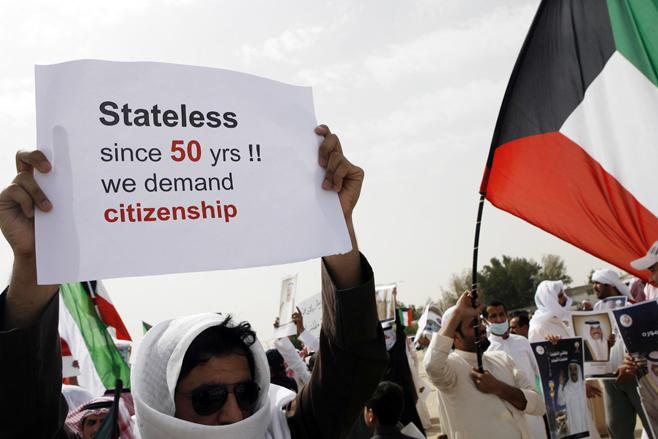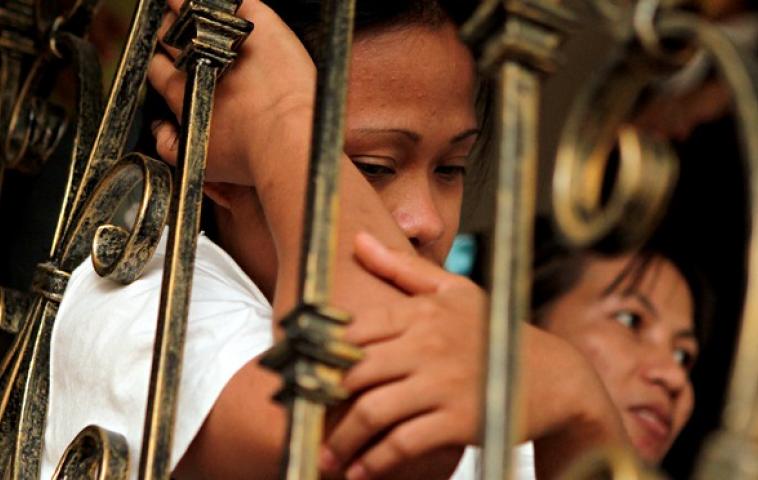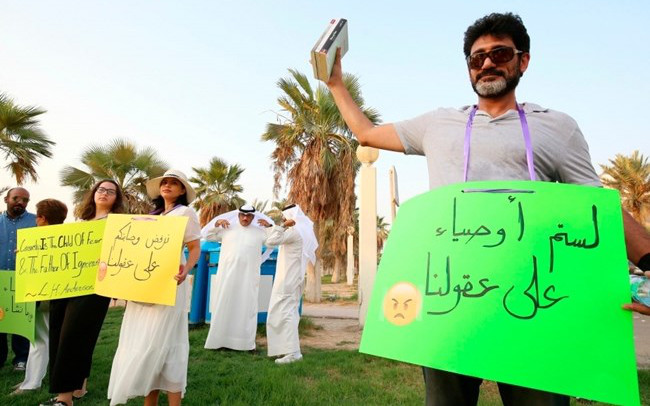On 8 March 2019, seven United Nations (UN) Special Procedures offices sent a letter (OL KWT 1/2019) to the Kuwaiti government detailing serious concerns with business practices and the lack of care for human rights. The communication was sent by the Working Group on the issue of human rights and transnational corporations and other business[…]
Ahead of the 40th session of the United Nations Human Rights Council, Americans for Democracy & Human Rights in Bahrain submitted a written statement to the Council raising serious concern over the targeting of Human Rights Defenders in Gulf Cooperation Council countries. Continue reading for the text of the statement or click here for a PDF.[…]
Bidoon – meaning ‘without’ in Arabic – is used to categorize a portion of Kuwait’s population who are ‘without’ nationality. Kuwait’s bidoon are largely made up of nomadic Arab tribes that were residing in Kuwait around the time the country gained independence in 1961 and were unable to register for citizenship, either due to lack[…]
In October 2018, an Ethiopian domestic worker in Kuwait was found dead in her room after being reported missing for seven hours. Authorities suspect that she was abused and killed due to her “lack of concern for the cleanliness of the house.” This domestic worker’s death highlights a pattern of abuses against migrant workers in[…]
On 14 September, Kuwaiti citizens took to the streets in anticipation of the upcoming November Kuwait Book Fair, protesting the kingdom’s increasing book bans. Protesters gathered at Irada Square, opposite the National Assembly, in Kuwait City after previously rallying outside the Ministry of Information. Kuwait, once considered a publishing hub, is still respected as a country[…]


